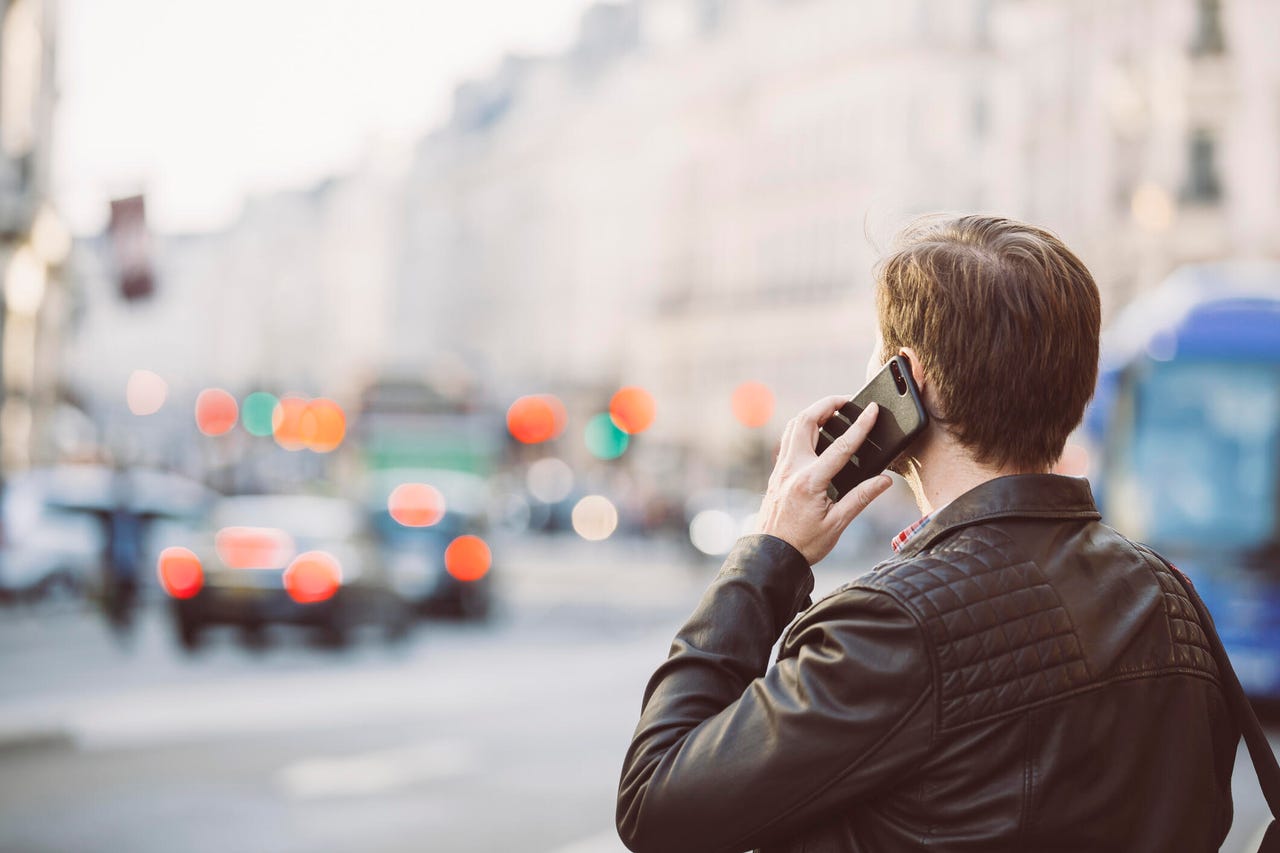Google: Blame Apple for blurry photos and broken smartphone group chat


Google has launched a social media campaign that attempts to shame Apple into adopting RCS for Messages. RCS is the successor to SMS and MMS on Android but it's unlikely Apple will adopt it in iOS.
Google has launched the "Get the Message" campaign on its Android website, replete with "@apple #GETTHEMESSAGE" Twitter hashtag campaign buttons for each reason why Apple should adopt RCS or Rich Communication Services over the decades old SMS.
Google's campaign leads with the issue of green (Android) versus blue (Apple) message bubbles in the iPhone Messages app. iPhone Messages display green bubbles for messages to Android users and blue bubbles for messages for iPhones.
The bubble colors have been used as a signifier of difference between iPhone and Android users on group chats. But Google notes this is a superficial point of contention. Beneath this, it accuses Apple of using legacy SMS and MMS for relaying texts between iPhone and Android devices, while using its iMessage platform to deliver messages with modern features between iPhones.
So, iPhone users get read receipts, end-to-end encryption, typing indicators, emoji, group chat, Wi-Fi messaging, and better video and image sharing — all features available in WhatsApp and Messenger — that don't exist when messaging between the iPhone's default messaging app and Google's RCS-capable Messages app.
"It's not about the color of the bubbles," Google's campaign site reads. "It's the blurry videos, broken group chats, missing read receipts and typing indicators, no texting over Wi-Fi, and more. These problems exist because Apple refuses to adopt modern texting standards when people with iPhones and Android phones text each other." ZDNET has approached Apple for comment.
For years, Google has called on Apple to adopt RCS for Messages.
Today, by not adopting RCS, Apple maintains a key difference between messaging between iPhones and with Android phones. The question over Apple and RCS seems to be a more relevant in the US than other markets. In the US, Apple iMessage is the third largest messaging platform, ahead of WhatsApp, but after Facebook Messenger and Instagram, according to Statista's July 2020 figures.
In January, Google's head of Android, Hiroshi Lockheimer, said he didn't want Apple to bring iMessage to Android but does want Messages to support RCS, calling the status quo "iMessage lock-in" and accusing Apple of "using peer pressure and bullying as a way to sell products".
RCS hasn't replaced SMS yet but is making headway, slowly. At Googles's I/O conference In May, the company revealed it had 500 million people using RCS messaging. The company said it hoped "every mobile operating system gets the message, and upgrades to RCS."
US carriers Verizon, T-Mobile and AT&T have vowed to make Google Messages the default messaging app on Android phones, while Samsung's Galaxy S22 in the US are pre-installed with Google Messages too.
With the RCS/SMS and green/blue bubble divides remaining open, Google and Apple have rolled out features that translate emojis between mobile platforms in SMS messages. Google released a feature in March that allows emoji from an iPhone to appear as an emoji in Android instead of the description "liked" as it previously would. Apple's iOS 16, currently in beta, does something similar with message reactions sent over SMS.